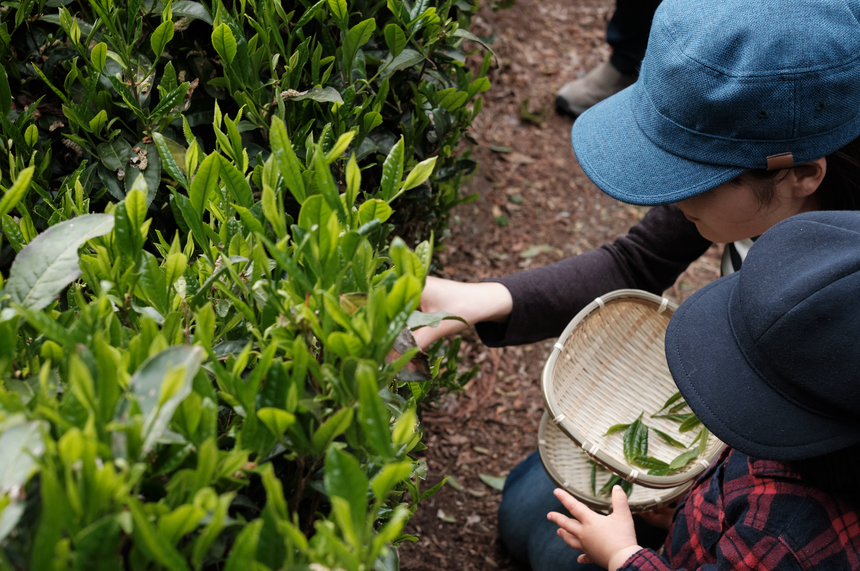Sencha spotlight: The health benefits of Japanese tea (Part one)
Catechins are a type of tannin and flavonoid unique to Japanese green tea.
Flavonoids are a sub-category of polyphenols (a type of micronutrient) that occurs naturally in plants. This component has been studied and is proven to assist with improving heart health, as well as raising immunity, among others.
Catechins are also the component responsible for the taste of astringency, or bitterness, in tea.
The four major catechins found in Japanese green tea are epicatechin (EC), epigallocatechin (EGC), epicatechingallate (ECG), and epigallocatechin gallate (EGCG).

As Japanese green tea, both sencha and matcha, are unoxidised after harvest, the level of the catechins found in the tea are different when compared to oxidised tea. This is further compounded by the steaming process, which allows the leaves to retain their natural colour, as well as their catechin levels.
Catechins are also studied to possess antioxidant properties several times higher than that of vitamin C and vitamin E.
As catechin dissolves at a higher temperature, this is part of the reason sencha may taste more bitter when brewed for the third time during a tea tasting event.
---


